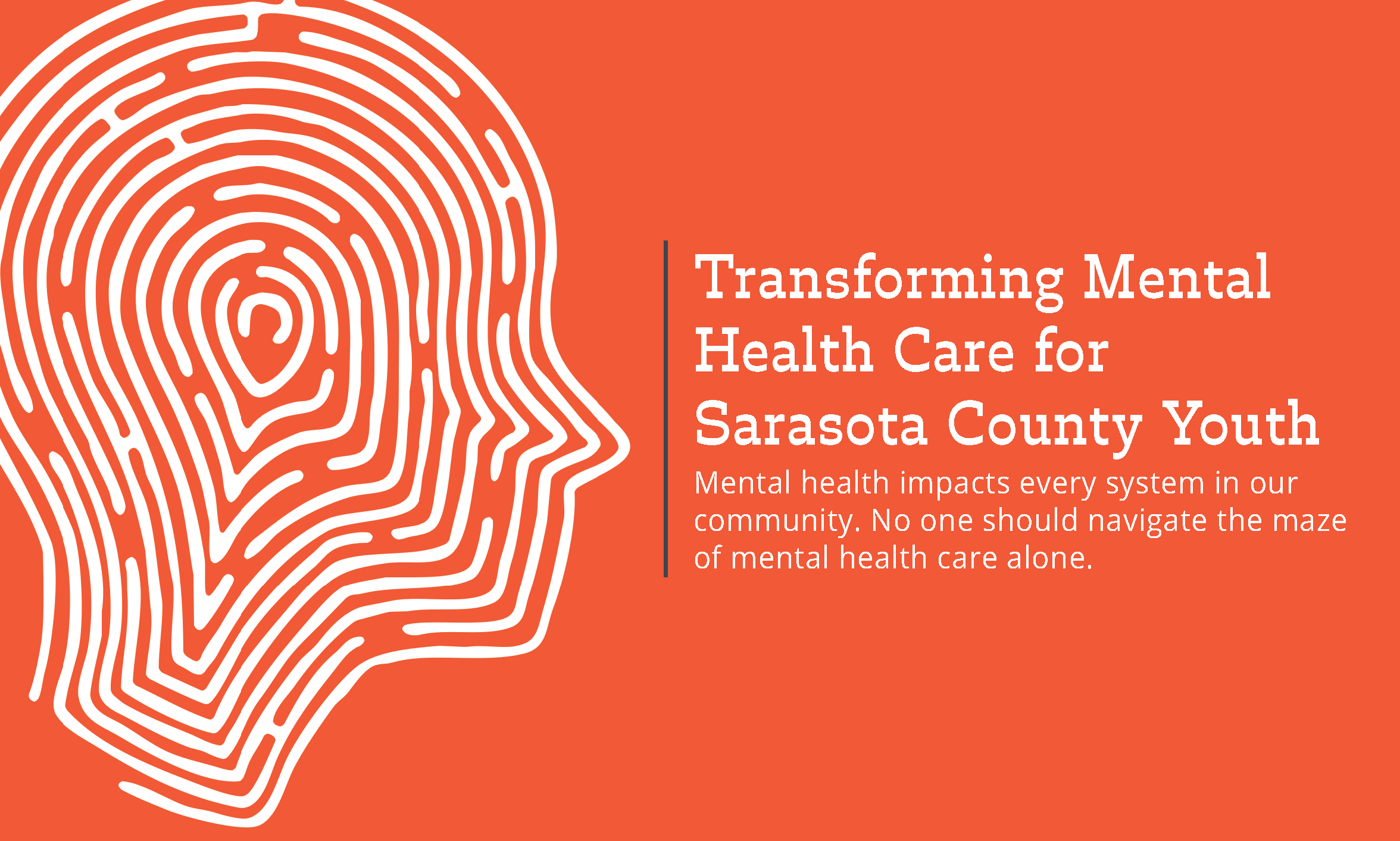Now the Work Begins on Youth Mental Health
Guest Correspondence
SRQ DAILY
SATURDAY MAR 30, 2019 |
BY MARK PRITCHETT
Untreated mental illness in children and young adults can devastate individuals and destroy their families. Its impact also extends throughout our community, costing us all dearly. A new study released Tuesday put that economic cost at $86 million a year here in Sarasota County. That’s a conservative estimate, too, according to the experts who quantified it. Plus it says nothing of the negative impacts that are impossible to value.
The study was conducted by researchers from the University of South Florida and commissioned by Gulf Coast Community Foundation and Charles & Margery Barancik Foundation. An “environmental scan” of mental health services for young people up to age 24 in our community, it aimed to identify current strengths and gaps and prioritize ways to make the system work more like, well, an actual system.
This research was about much more than pegging the financial price of untreated mental illness. It assessed existing services, detailed unmet needs, identified strengths to build on and documented barriers to improved mental well-being. It recommended benchmarks and indicators to better evaluate community services and measure success. Most importantly, it laid out strategic policy recommendations to systemically improve mental health care for Sarasota County youth.
To some extent, the study confirms shortcomings we have long suspected. So many of us have personal stories about the mental health challenges affecting young people in our lives. At Tuesday’s event to introduce the findings, I talked briefly about my daughter’s two adopted sons and the lingering effects of their experience in foster care. Teri Hansen, my counterpart at the Barancik Foundation, recalled a successful executive in town who struggled for months to get his daughter the help she needed.
Two brave mothers in attendance each talked candidly about the ordeal of trying to find and sustain proper care and support for their respective daughters, who suffer from mental-health issues. To call their experiences Kafkaesque, while accurate, also risks trivializing the raw and heartbreaking emotional toll they continue to pay.
Every such story testifies to the need for a mental health care system that works for our children and their families. Which is where the value of this research scan materializes. The 67-page report quantifies what we have, what is missing and where specific help is needed most. Financing a complete system of care will require more effective use of existing funding streams as well as finding new revenue sources—many of which demand such quantified, validated evidence.
Our community has already made progress taking a similar “systems change” approach in other areas. Consider the homeless crisis response system now being collaboratively managed by government, law enforcement and nonprofit agencies. It started with commissioning an expert—the Florida Housing Coalition—to help assess and quantify our current situation and customize a strategy melding national best practices with local strengths and circumstances. Then we got down to working the plan.
This new study also puts our entire community on notice. I think back to Gulf Coast’s early work with All Faiths Food Bank in commissioning a child-hunger study of Sarasota and DeSoto counties and a spatial mapping project to chart needs and evaluate the food-distribution system. While many already working on the issue understood its prevalence, the study helped the rest of us catch up. The simple figure that more than 50 percent of Sarasota County students received free or reduced-price school lunches floored so many people here who had no idea. Now that stat is much more widely known, and All Faiths Food Bank and its many partners have transformed our hunger-relief system.
Doing the same for youth mental health won’t be easy, no doubt. The system is even more complex, and it touches more people. As several leaders interviewed for the study noted, mental health impacts every other system in our community. But that is why we all must act. Because we all must own our piece of the solution.
The researchers made clear that we have a strong field of committed agencies working hard to serve our youth. Now we have a common starting point and language to better coordinate, enhance, and supplement those services. Together, we can create a best-practice system that gives all young people in need accessible, appropriate, compassionate care. For their sakes—for all of our sakes—we can’t afford not to.
Mark S. Pritchett is president/CEO of Gulf Coast Community Foundation.
« View The Saturday Mar 30, 2019 SRQ Daily Edition
« Back To SRQ Daily Archive









